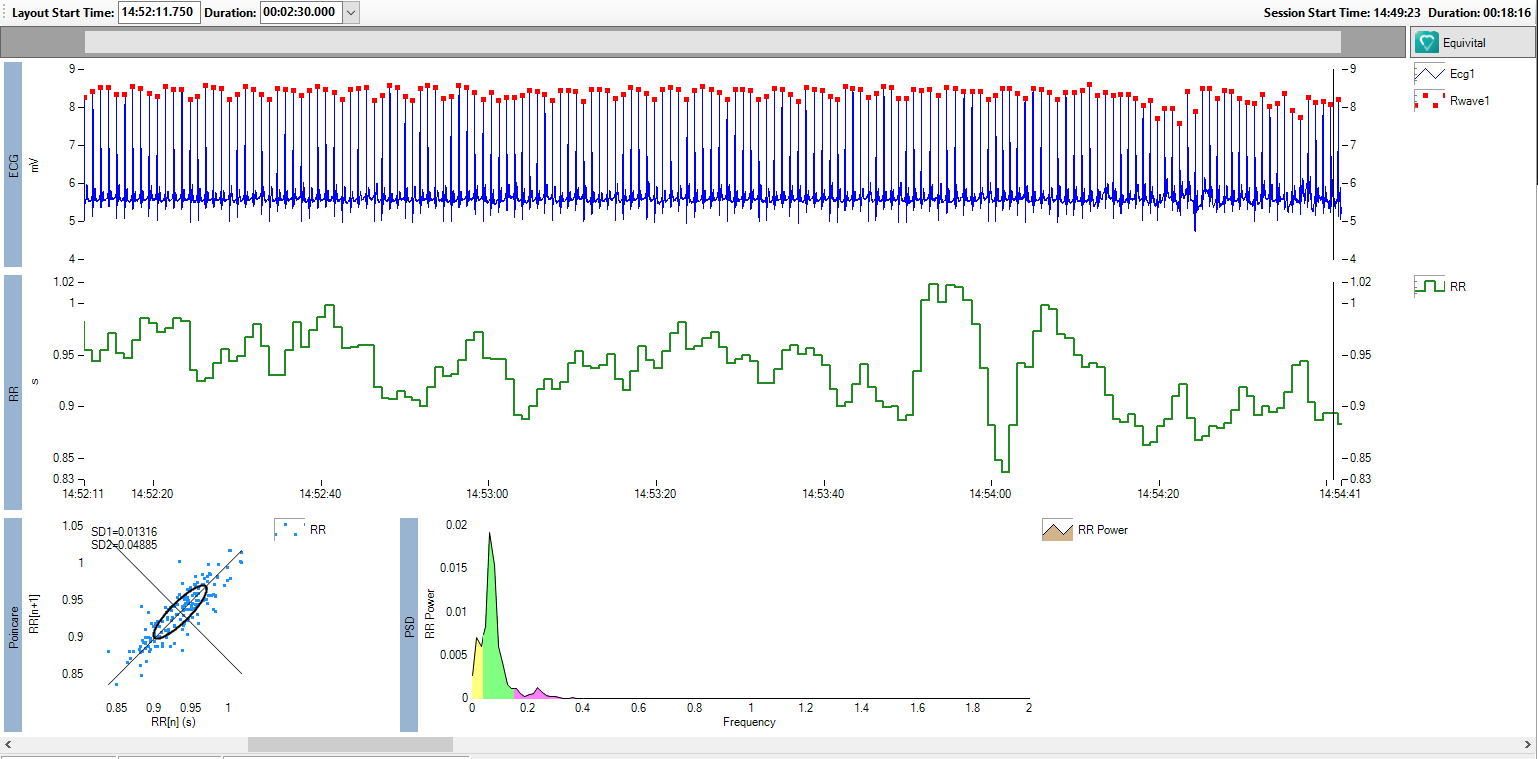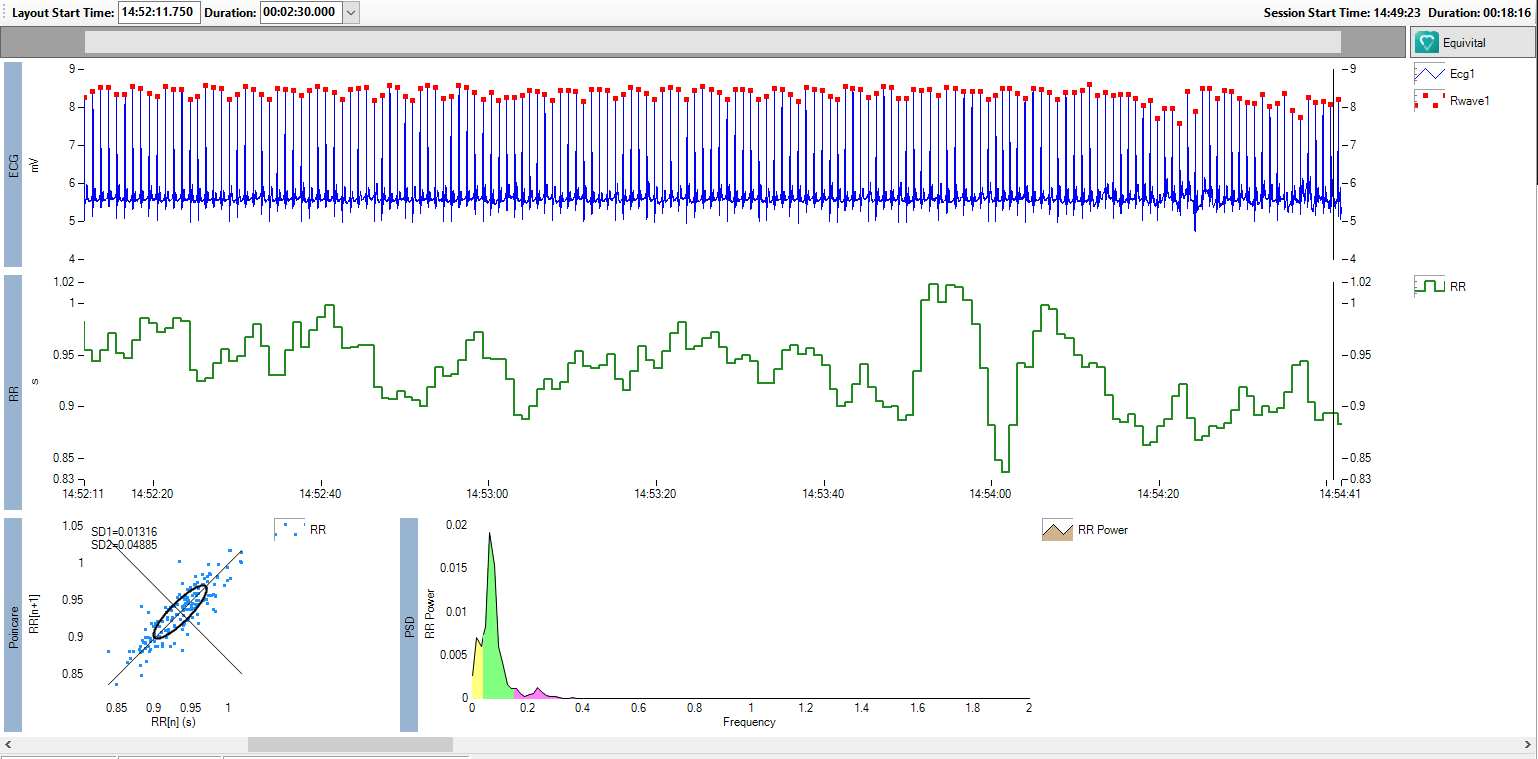UC San Diego researchers investigated whether reduced heart rate variability (HRV) before combat deployment conferred increased risk of a PTSD diagnosis after deployment. HRV from 1500 Marines were measured before combat deployment and again 4-6 months post deployment. The study found that U.S. Marines with reduced HRV prior to deployment displayed increased vulnerability to PTSD upon return, suggesting that a low HRV is a risk factor for developing PTSD.
The study recorded beat-to-beat heart rate using a fingertip PPG sensor and VivoSense provided a customized HRV analysis for the particular measurement protocol. HRV analysis importantly included suitable tools to manage the occurrence of confounding measurement artifact.
Dudley Tabakin
Dudley Tabakin, MSc. is Chief Product Officer and co-founder of VivoSense and a fervent believer in “good data” over “big data” in the development of digital endpoints from wearable sensor technology.


